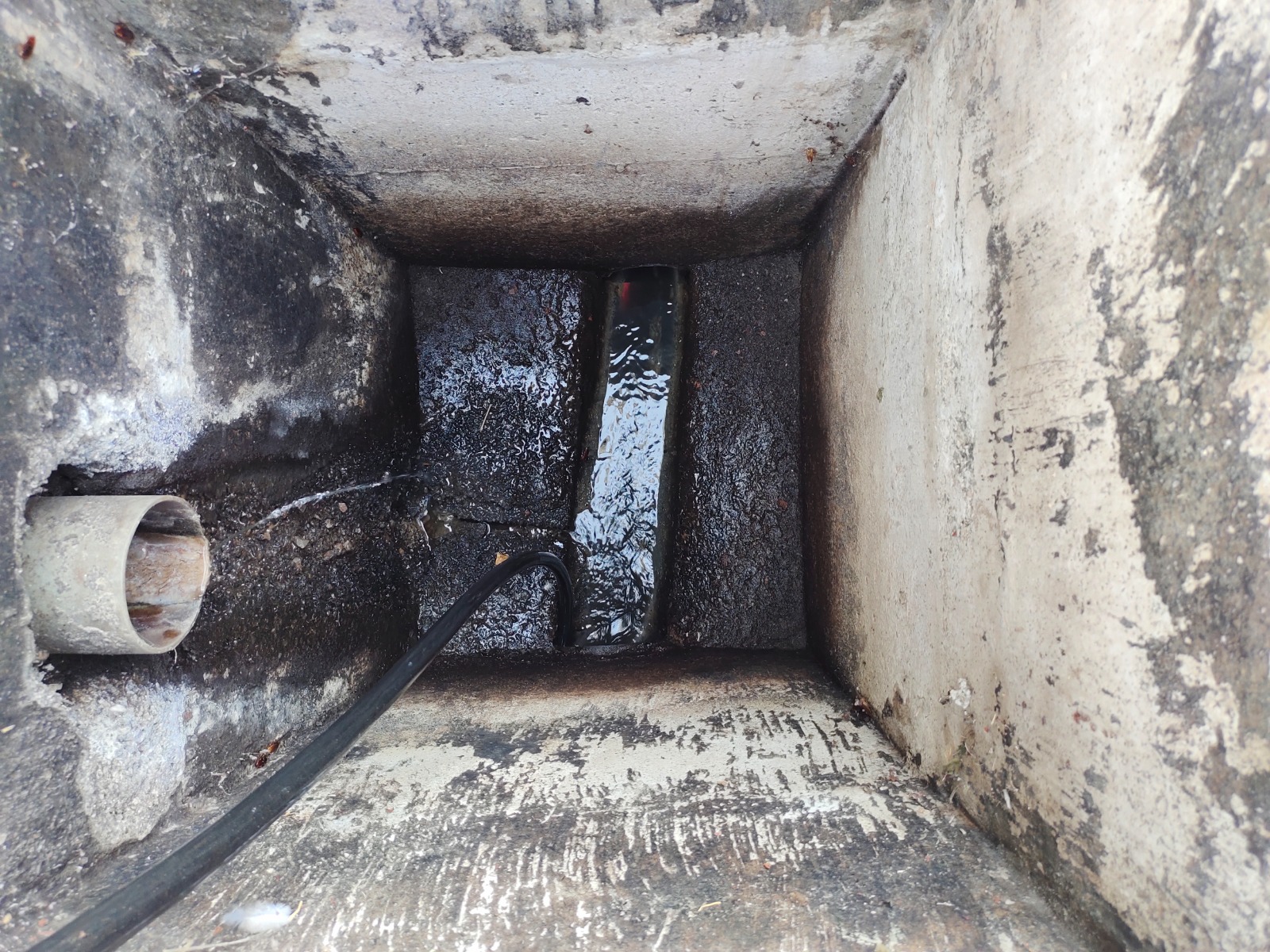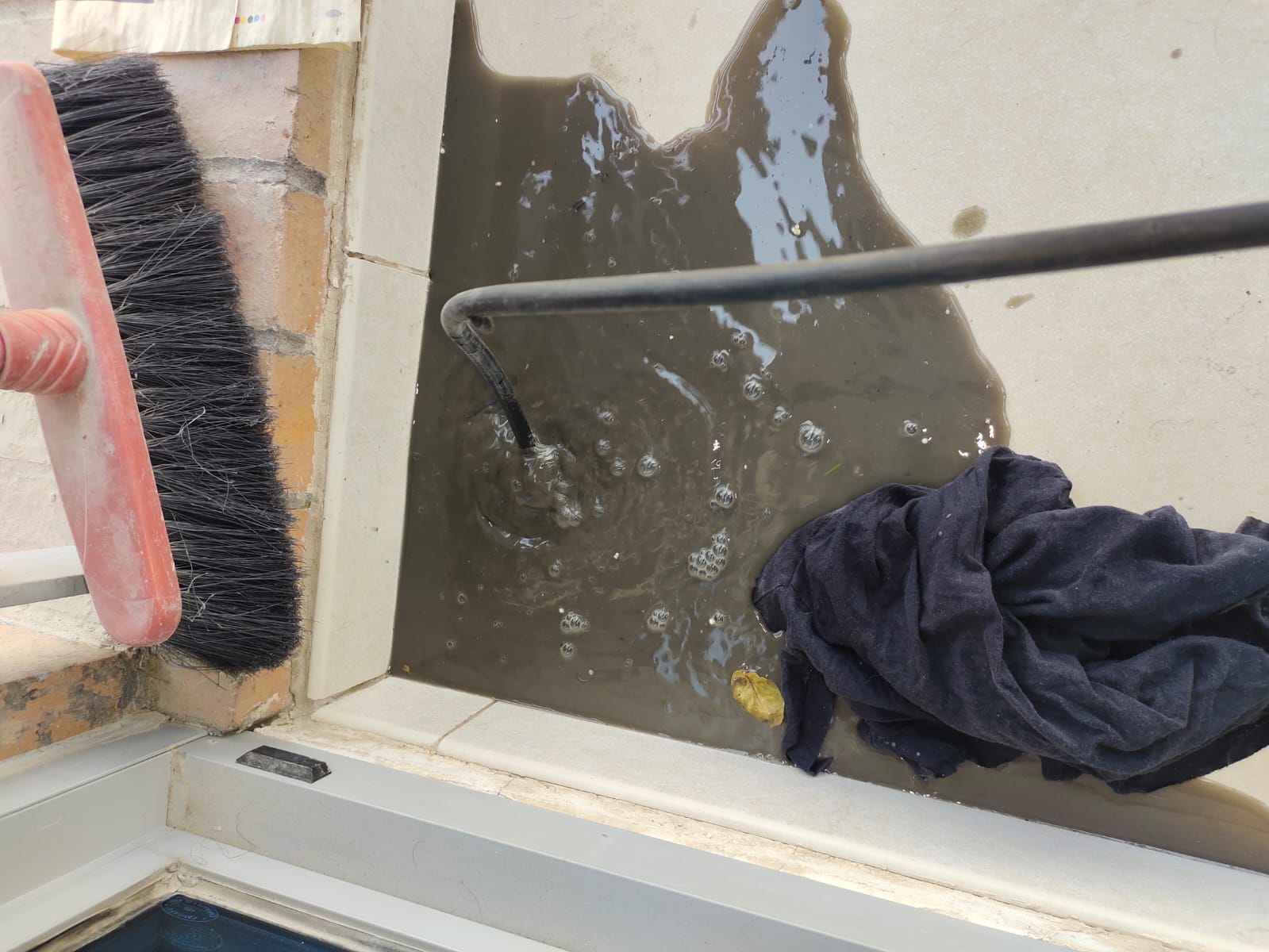Hussain Ahmad Technical Services LLC
Hussain Ahmad Technical Services LLC, 22 Street, Near Al Quoz Industrial Area 4, Al Quoz, UAE, 83902
Since : 2015
Hussain Ahmad Technical Services LLC, 22 Street, Near Al Quoz Industrial Area 4, Al Quoz, UAE, 83902
Since : 2015
Pump motors are essential devices used to transfer fluid from one location to another, often powered by electric motors. These motors are an integral part of many systems and applications, from domestic water pumps to large industrial systems. In the UAE, the demand for pump motors is high due to the growing industrial, residential, and commercial needs. The UAE's harsh climate and rapid urbanization contribute to a constant requirement for reliable water and fluid management systems, making the pump motor an indispensable component in homes, businesses, and industries.
A pump motor is a mechanical device that drives the motion of a pump, responsible for moving liquids or gases through a piping system. These motors are typically powered by electricity, but there are also models that run on diesel or gas, depending on the application and environment. The motor provides the necessary energy to rotate the pump’s impeller or diaphragm, enabling it to create the required pressure to push fluids to the desired location.
1.Hussain Ahmad Technical Services LLC
22 Street, Near Al Quoz Industrial Area 4, Al Quoz, UAE, 83902
2. Arabian Pumps & Motors
Al Qusais Industrial Area 1, Dubai, UAE
3. National Pumps & Equipment
Dubai Investment Park, Dubai, UAE
4. Al Shirawi Equipment Co. LLC
Al Quoz 1, Dubai, UAE
5. KSB Middle East FZE
Dubai Investment Park, Dubai, UAE
6.Flowserve
Dubai Silicon Oasis, Dubai, UAE
7. Pumps and Motors Trading LLC
Ras Al Khor, Dubai, UAE
8. MOR Electric Heating Associates LLC
Al Quoz 1, Dubai, UAE
9. Emirates Industrial Equipment LLC
Al Qusais, Dubai, UAE
10. Al-Babtain Power & Telecommunication Co.
Al Quoz 3, Dubai, UAE
Pump motors are essential components used in a wide range of applications to drive pumps and move fluids or gases. They are widely used in industries, agricultural systems, residential water supply, and HVAC systems. Choosing the right pump motor depends on several factors, such as power rating, application, and type of pump.
Pump motors are integral components used to power various types of pumps, and they come in several types based on the applications, power source, and operating conditions. Here are some common types of pump motors:
A pump motor converts electrical energy into mechanical energy to drive the pump. In most cases, an electric motor rotates a shaft connected to the pump impeller. As the impeller rotates, it creates pressure and moves the fluid through the system.
Pump motors have a wide range of applications across various industries and sectors. Below are some of the key uses of pump motors:
When selecting a pump motor, consider the following factors:
Proper maintenance ensures the longevity and efficient performance of pump motors:
Q1: What is the difference
between a submersible pump motor and a centrifugal pump motor?
A1: A submersible pump motor is designed to be placed
underwater and works best in deep well or underwater applications, while a
centrifugal pump motor remains on the surface and relies on the impeller to
create pressure and move fluids through pipes. Submersible motors tend to be
more efficient for high-lift water extraction, while centrifugal motors are
used for low-lift applications.
Q2: How do I know which pump
motor size is right for my application?
A2: The correct motor size depends on the required
flow rate (gallons per minute or liters per second) and the total head (height
the fluid needs to be pumped). Use a pump performance curve to match your
application needs with the motor's power rating. It’s essential to consult a
professional to ensure the motor matches your specific requirements.
Q3: What causes pump motors to
overheat?
A3: Pump motors can overheat due to various reasons,
including overloading, inadequate ventilation, misalignment between the motor
and the pump, or a blocked pump impeller. Ensuring proper maintenance and
matching the motor with the pump's requirements can help prevent overheating.
Q4: Can pump motors operate
continuously?
A4: Yes, many pump motors are designed for continuous
operation, particularly in industrial and agricultural applications. However,
motors intended for intermittent duty should not be used continuously, as they
may overheat or fail prematurely. Always check the motor's specifications.
Q5: How do I maintain energy
efficiency in pump motors?
A5: To maintain energy efficiency in pump motors:
Choose a motor with a high-efficiency rating (e.g.,
IE3 or higher).
Ensure the pump and motor are properly sized to
avoid overworking the motor.
Use variable frequency drives (VFDs) to optimize
motor speed based on the load demand.
Regularly maintain the motor to ensure it operates
at peak efficiency.
Q6: What is the lifespan of a
pump motor?
A6: The lifespan of a pump motor can vary depending on
usage, maintenance, and environmental conditions. Typically, a well-maintained
motor can last between 10 to 20 years. Regular maintenance, including
inspections and timely repairs, can extend the motor's life.
Q7: How can I troubleshoot a pump
motor that has stopped working?
A7: If a pump motor stops working, follow these
troubleshooting steps:
Check the power supply to ensure the motor is
receiving electricity.
Inspect the motor's circuit breaker and fuses.
Check the motor for overheating or unusual noises.
Ensure the impeller is not blocked or jammed.
If the problem persists, consult a professional
technician for further diagnosis.

UAE, Al Quoz

UAE, Al Quoz